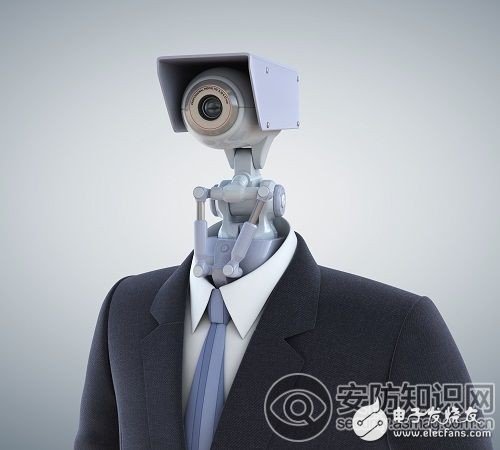At the 2018 Security Industry Development Summit, several opinions and industry phenomena sparked deep reflection and are worth sharing with the broader security community. 1. Technology Alone Is No Longer Enough In recent years, the security industry has undergone significant changes. Security companies now face not only competition from traditional peers but also constant pressure from Internet giants, IT firms, and AI startups entering the market. While the overall market is growing steadily, companies that focus solely on technology are finding their space shrinking. First, as industries become more integrated, the concept of security has expanded beyond traditional boundaries. However, in general-purpose technology fields, security vendors struggle to compete with large tech companies, especially when it comes to platform solutions. The trend of selecting platforms like those from Baidu, Alibaba, and Tencent is now irreversible, which is not favorable for companies that rely heavily on platform-based technologies. Second, although algorithm companies still have opportunities in the early stages, as the market matures, algorithms tend to become standardized, making it hard to sustain competitive advantage. Many algorithm-focused firms are now offering comprehensive solutions or additional services, not only enhancing their product offerings but also extending their business lifeline. Third, learning from the failures of foreign companies in the domestic market, if a company offers only a single technological product without extending its reach upstream or downstream, it will struggle to build real competitiveness. In today's industry, the core value lies in providing complete solutions, and this is no longer just a theory—it's a reality. As Hikvision’s Hu Yangzhong once stated in an interview, “Many people think Hikvision is a hardware company, but in fact, it's a software company. The firmware embedded in its hardware products is software, and the solutions it provides are also software. A company's market value is closely tied to its service capabilities.†2. Baidu's Entry into the Security Sector During the summit, I attended mainly to hear about Baidu’s security strategy. Baidu has been pursuing its ABC (Artificial Intelligence, Big Data, Cloud Computing) approach and aims to empower the security industry through these three pillars. For security professionals, BAT companies have long acted as the "invisible bosses" of the sector. Though they've made small-scale moves in the past—such as partnering with security firms, launching camera products, or investing in AI startups—this was the first time Baidu representatives spoke at a security forum, marking a shift in how AI is being integrated into the industry. I believe this trend will only intensify in the future. At the event, Baidu Cloud representatives introduced four AI platforms—“Tianji,†“Tianxiang,†“Tiangong,†and “Tianzhiâ€â€”each designed to provide tailored AI services for different user needs. They expressed a strong desire to collaborate further with security industry partners. Currently, Baidu Cloud excels in large-scale facial recognition, supporting millions of face database searches with industry-leading speed and flexibility. It also offers comprehensive solution capabilities, adapting to various scenarios. These technologies have already been applied in Smart City and Smart Store projects. Although this model isn’t entirely new, Baidu has always played a big role in building ecosystems. For companies with strong technical capabilities or deep industry experience, collaboration presents a fresh opportunity. Notably, the Haidian District Government recently signed a Memorandum of Understanding with Baidu to develop a “Holiday Brain†initiative aimed at advancing smart government, transportation, and city management. This suggests that the integration of city brain systems with industry applications is becoming a key battleground, with players like Alibaba, Tencent, and Huawei also making strong moves. The race for the next generation of urban intelligence is clearly heating up. Piezo Transducer,Piezo Audio Transducer,Piezoceramic Transducer,Piezo Pressure Transducer NINGBO SANCO ELECTRONICS CO., LTD. , https://www.sancobuzzer.com